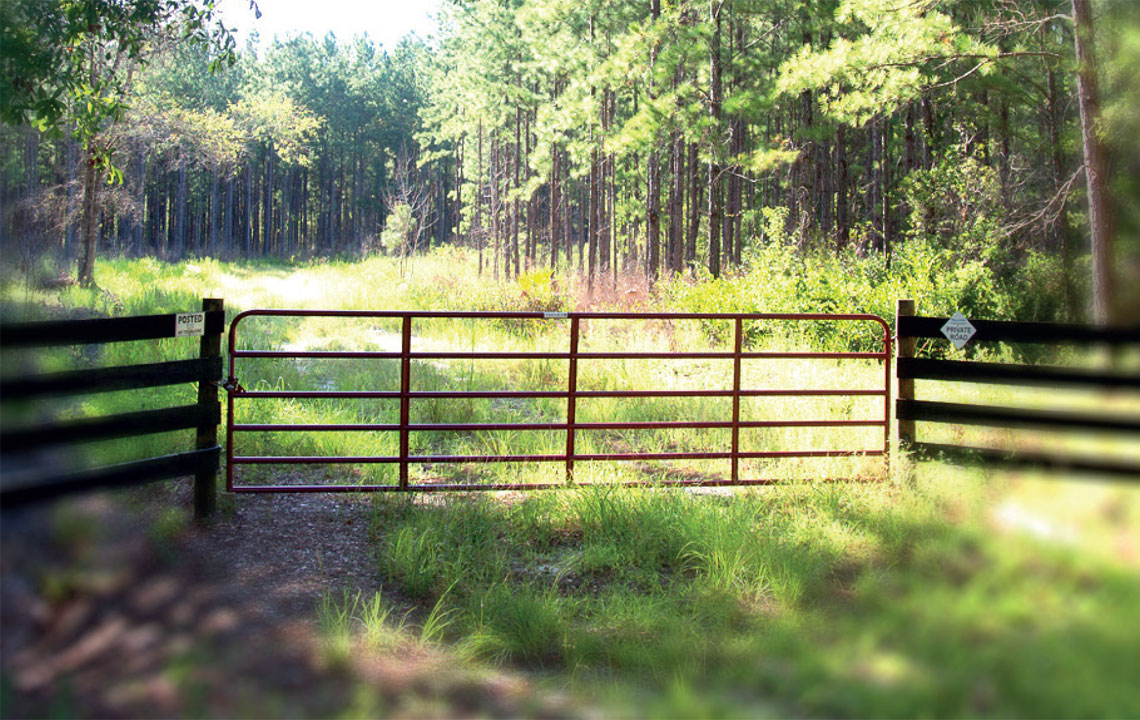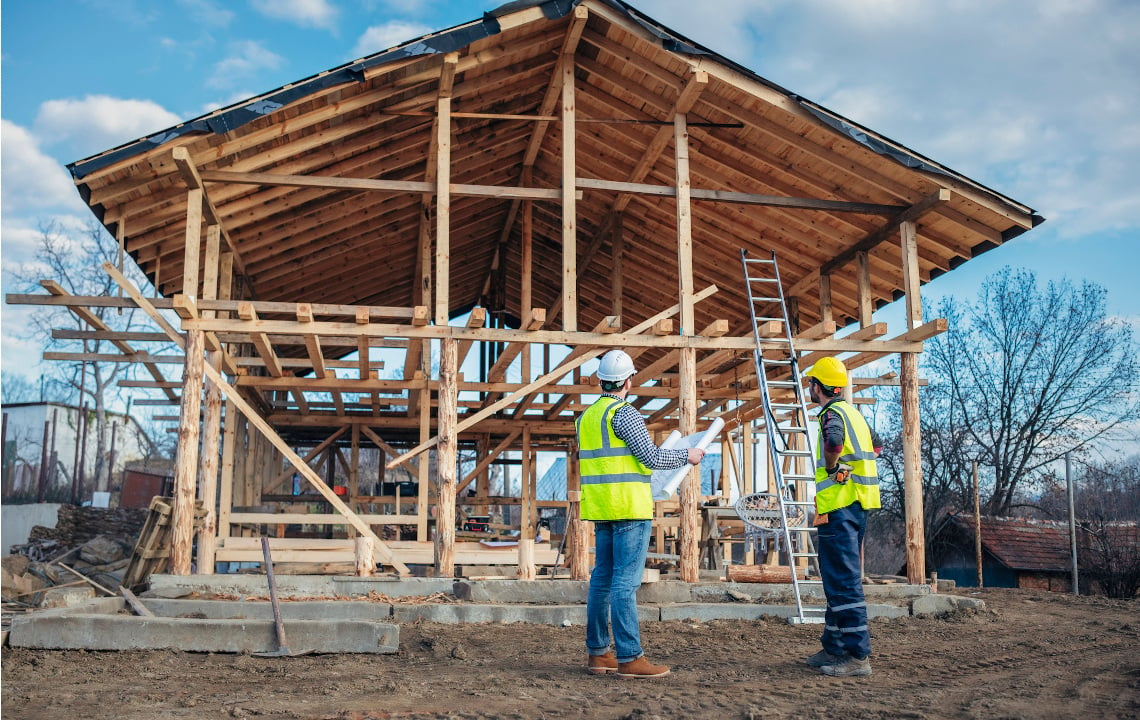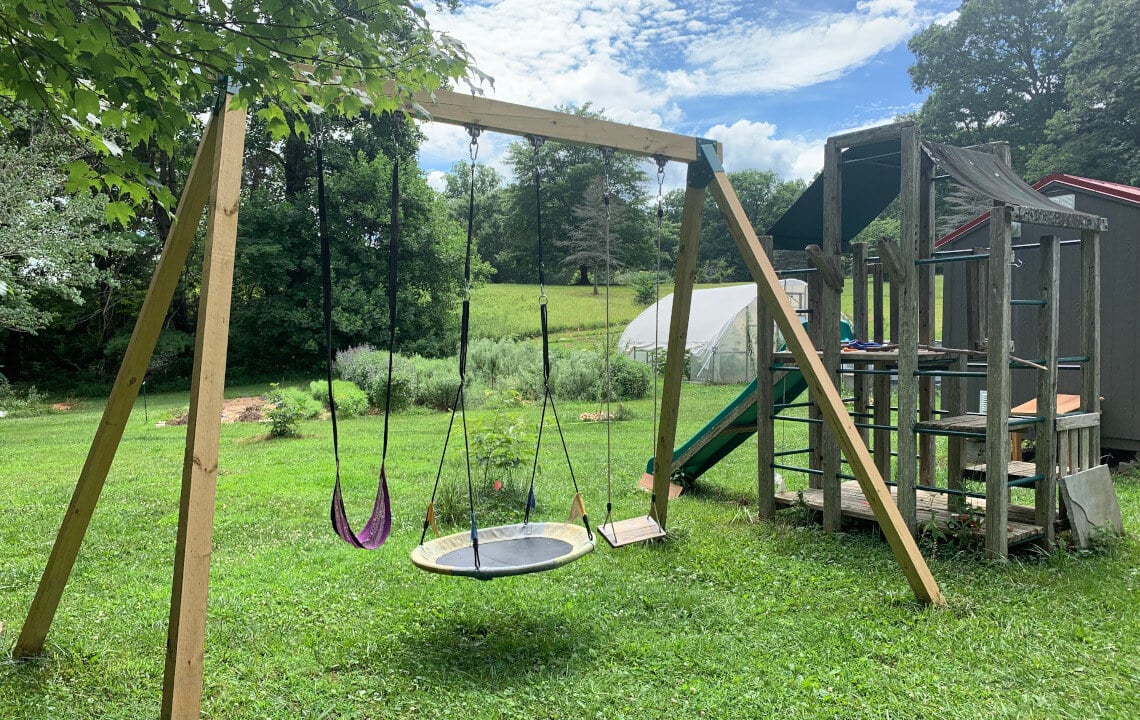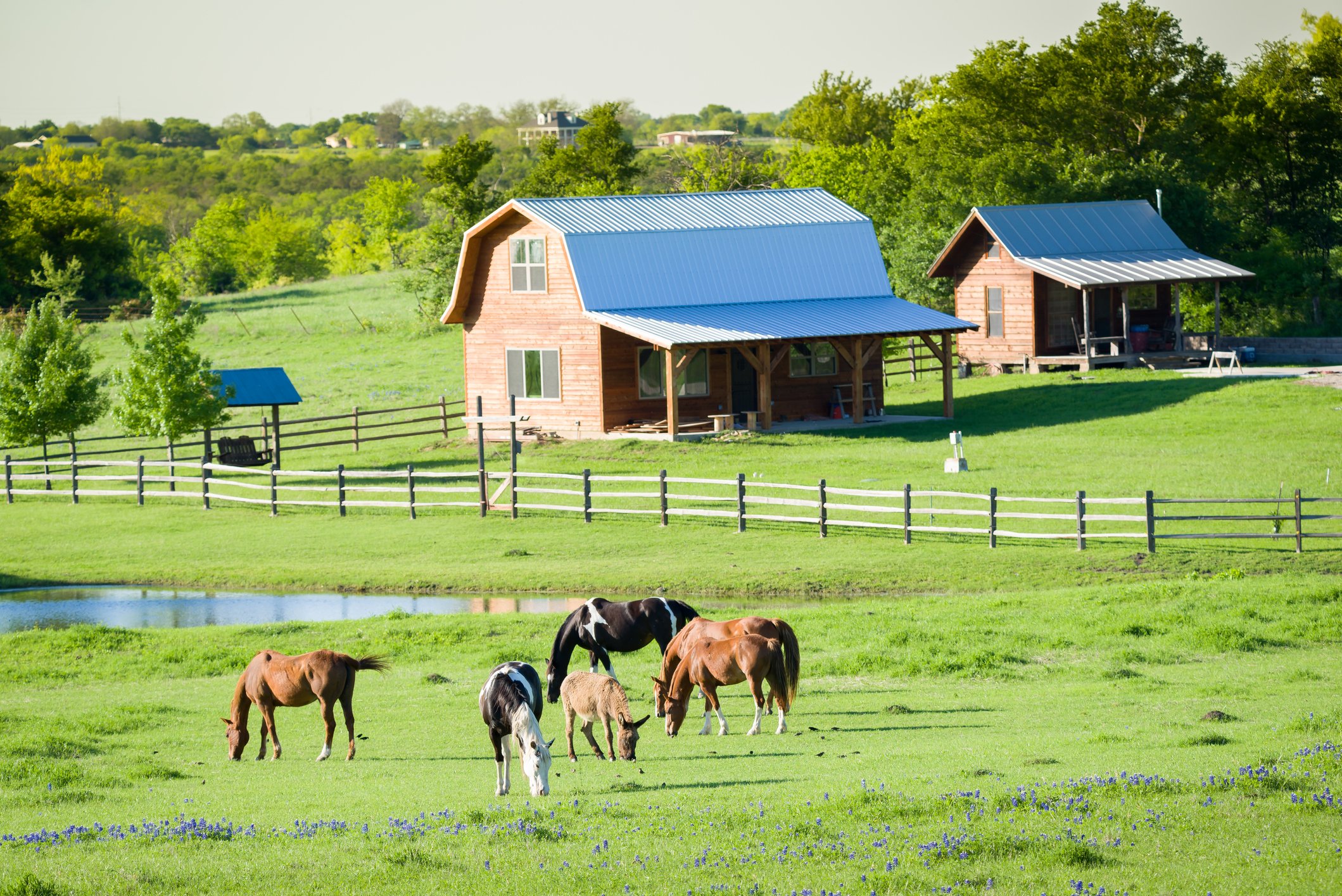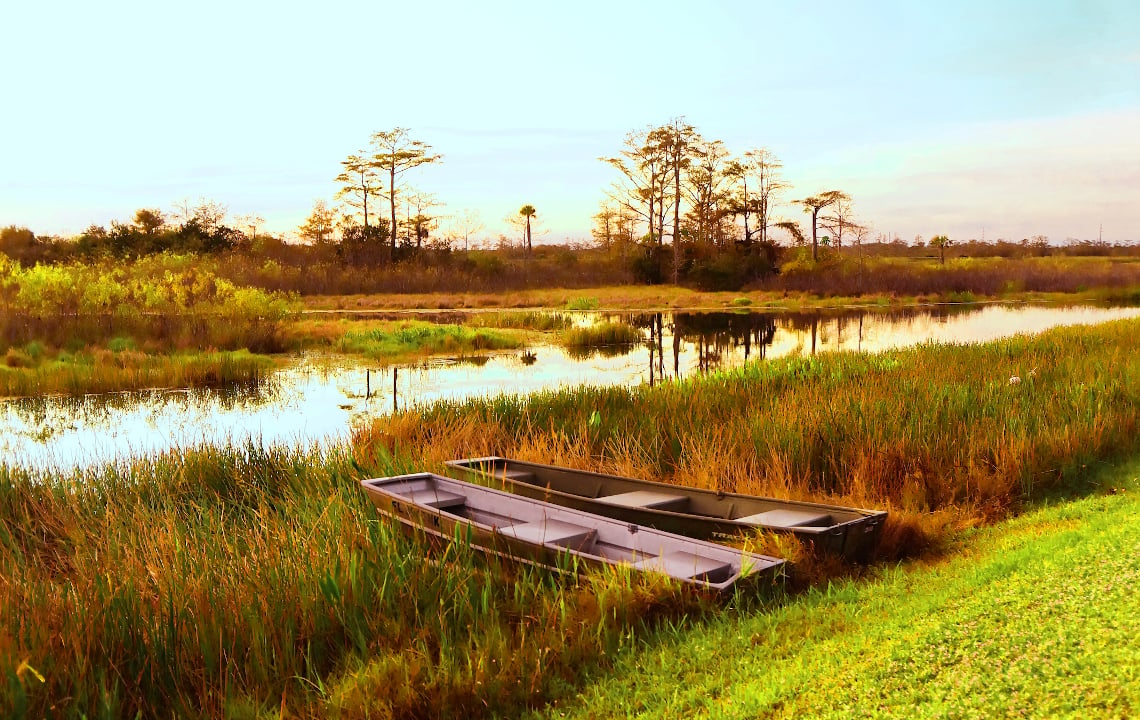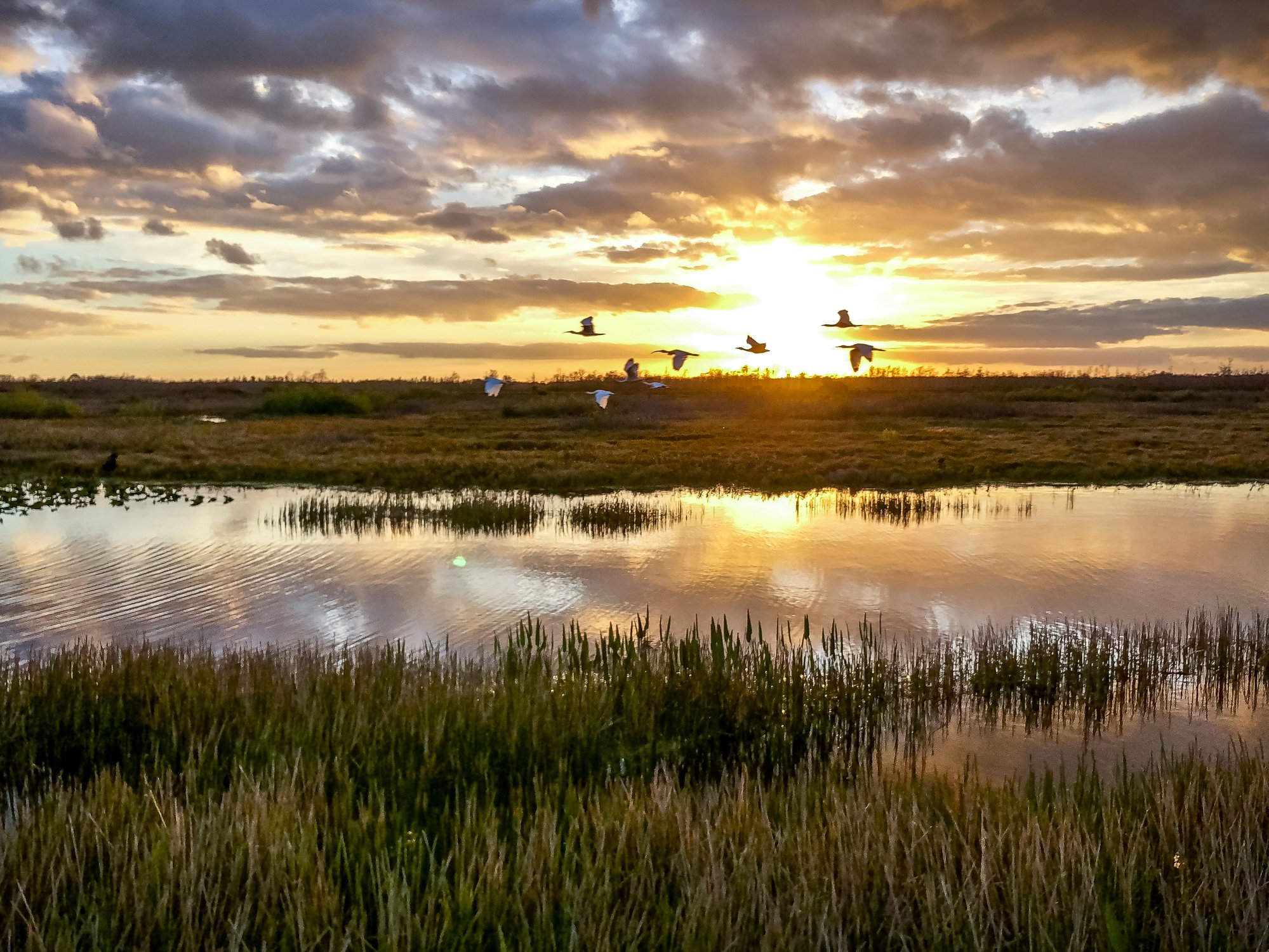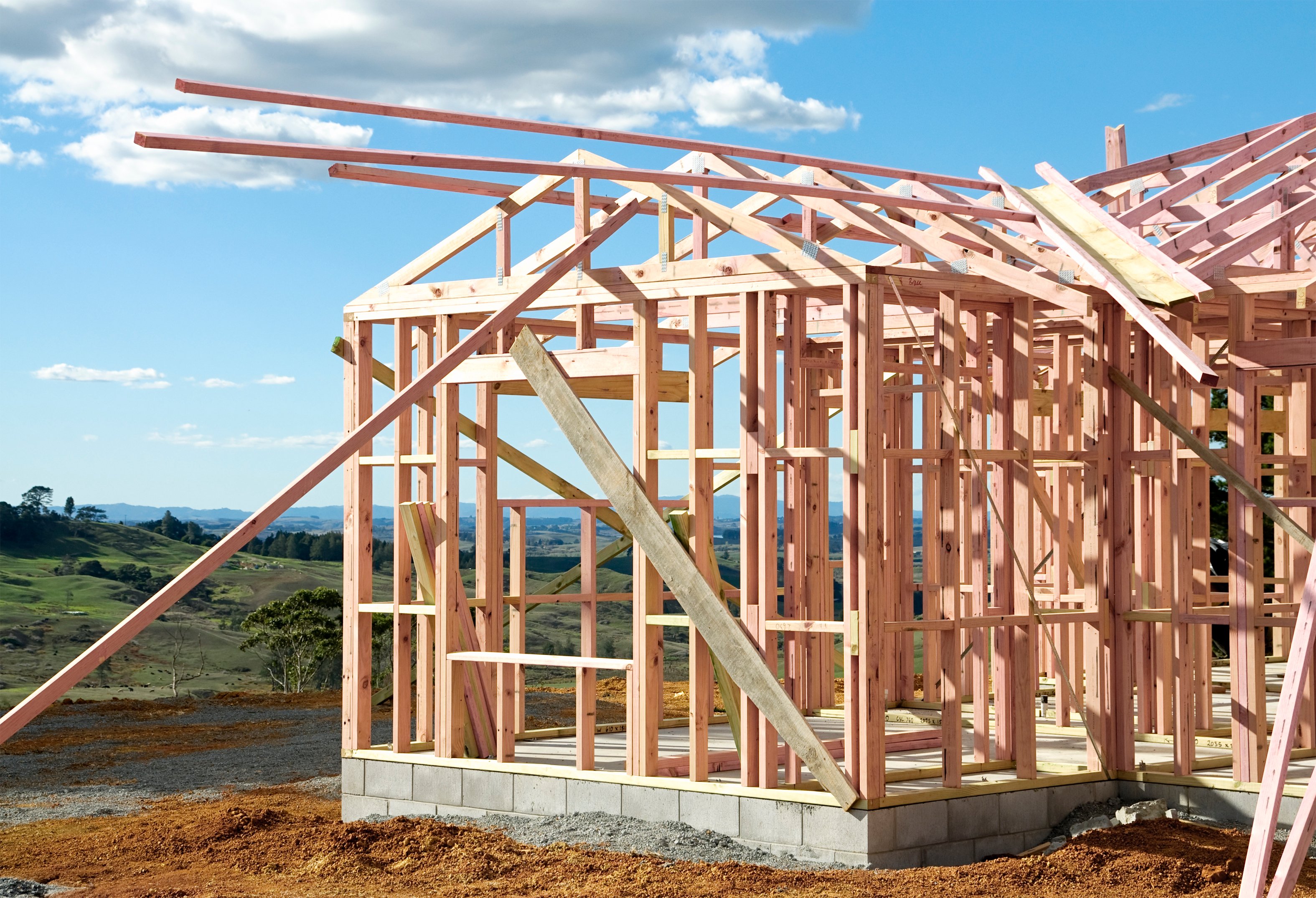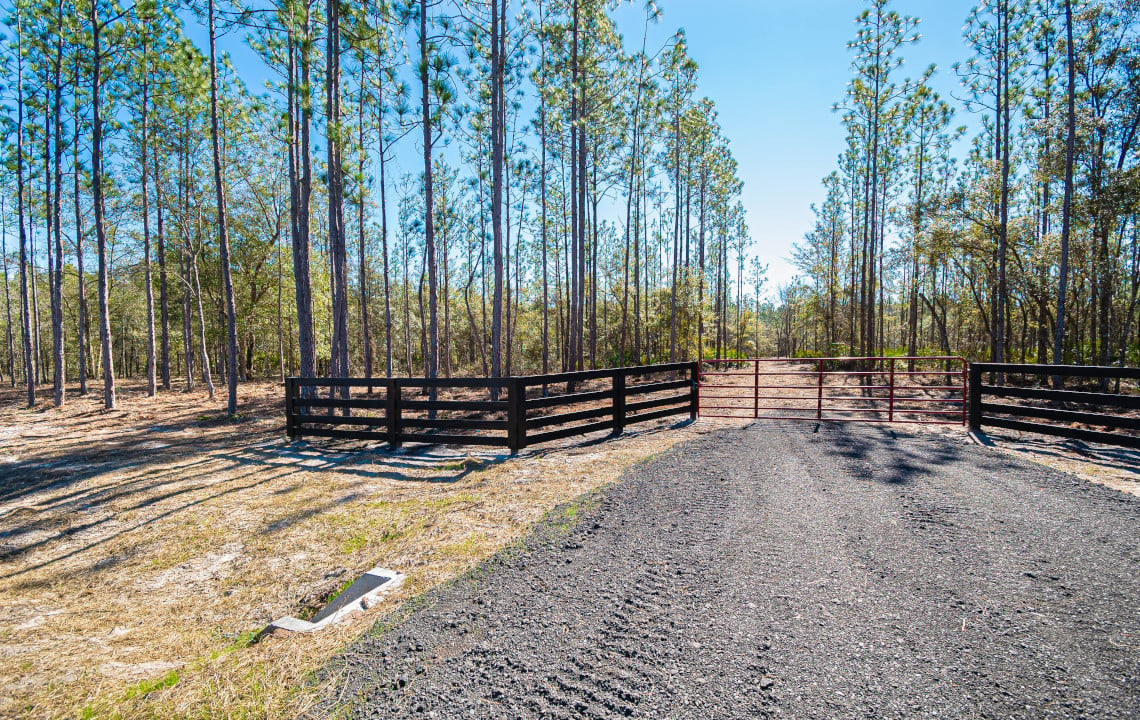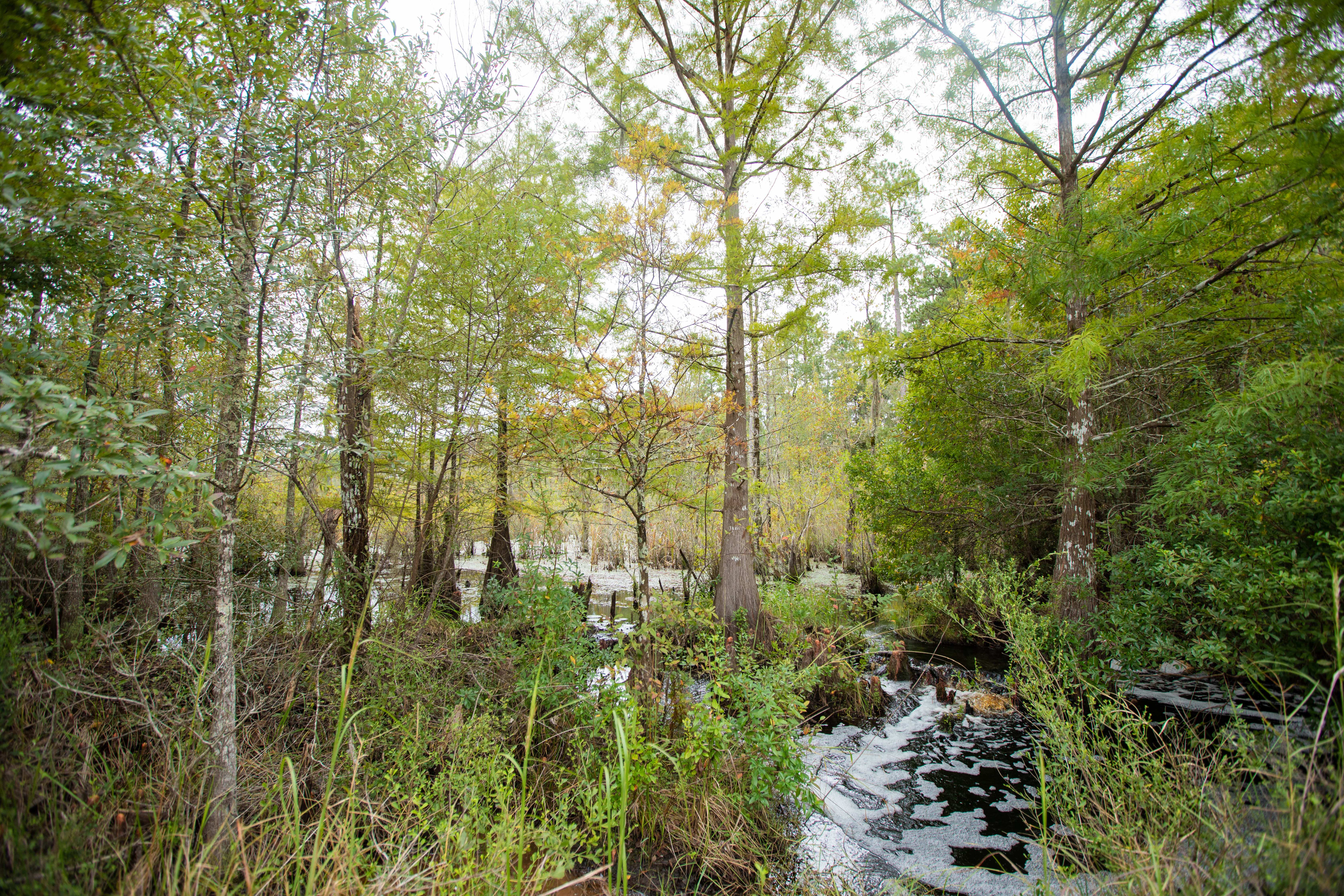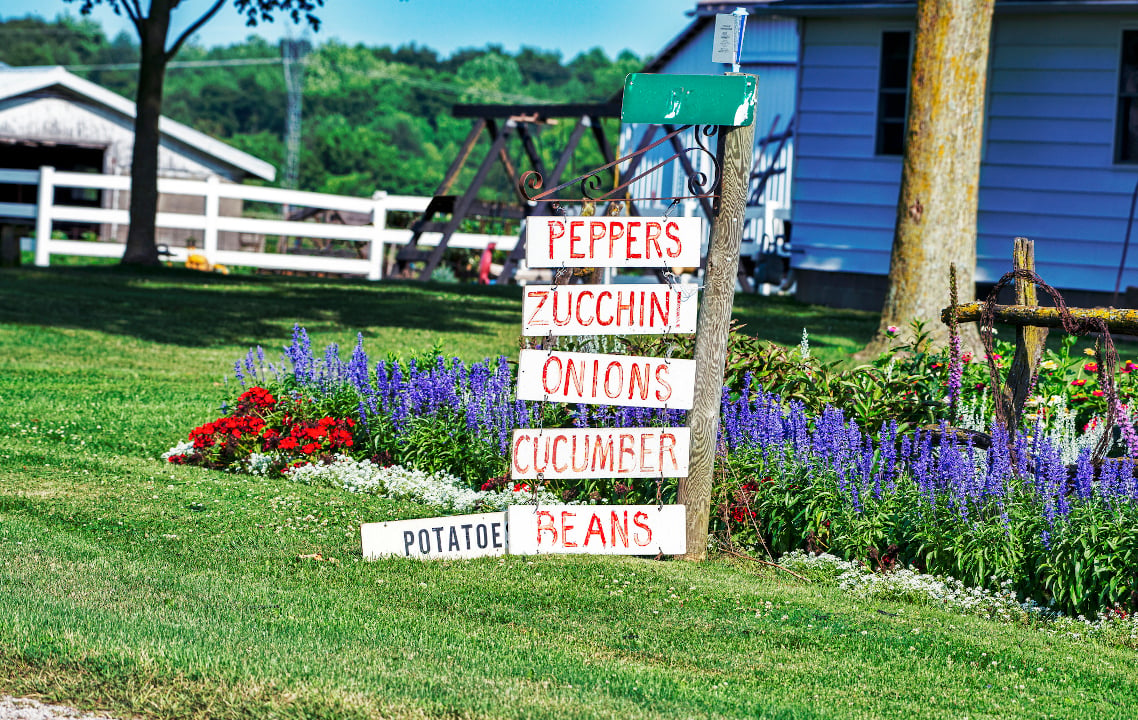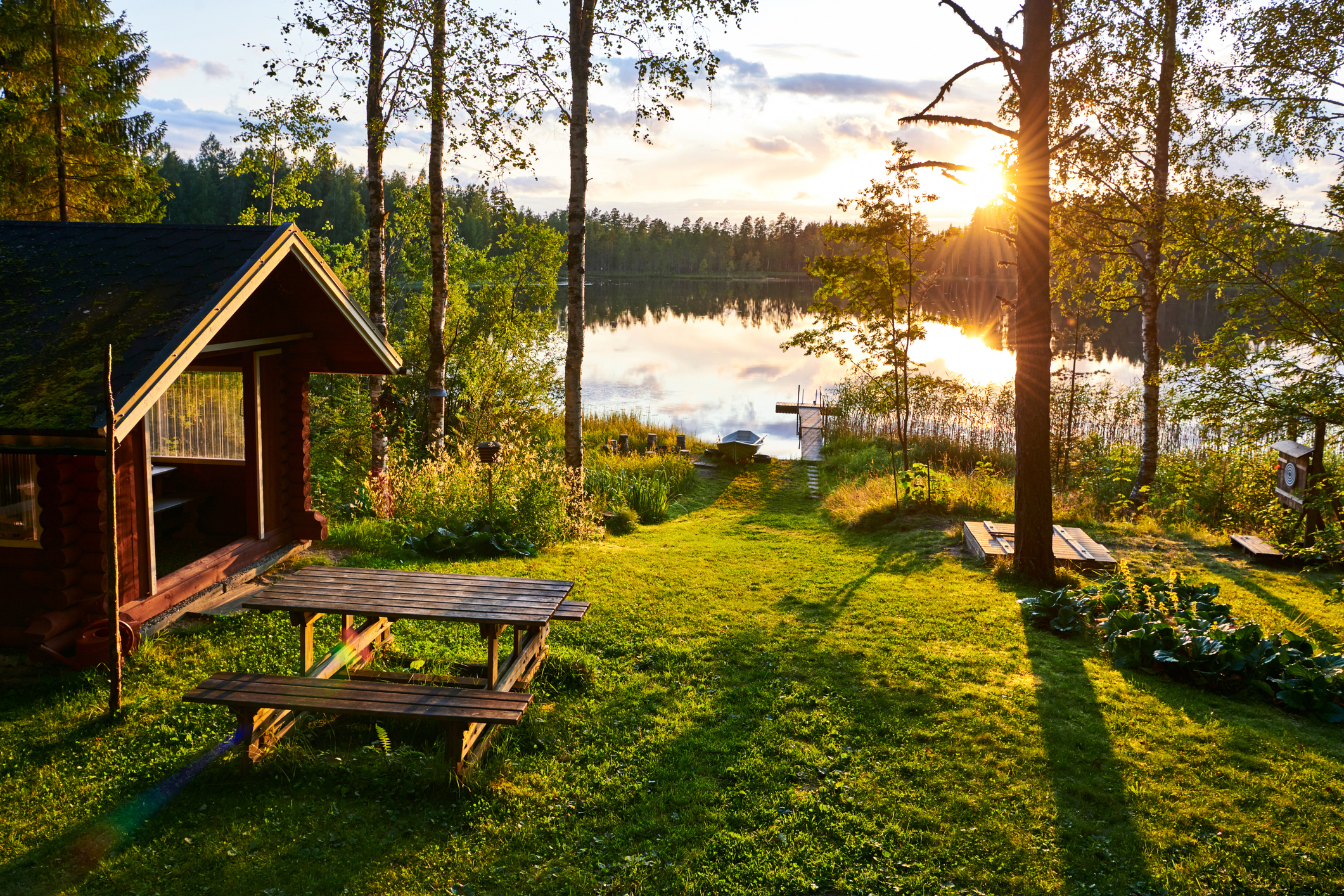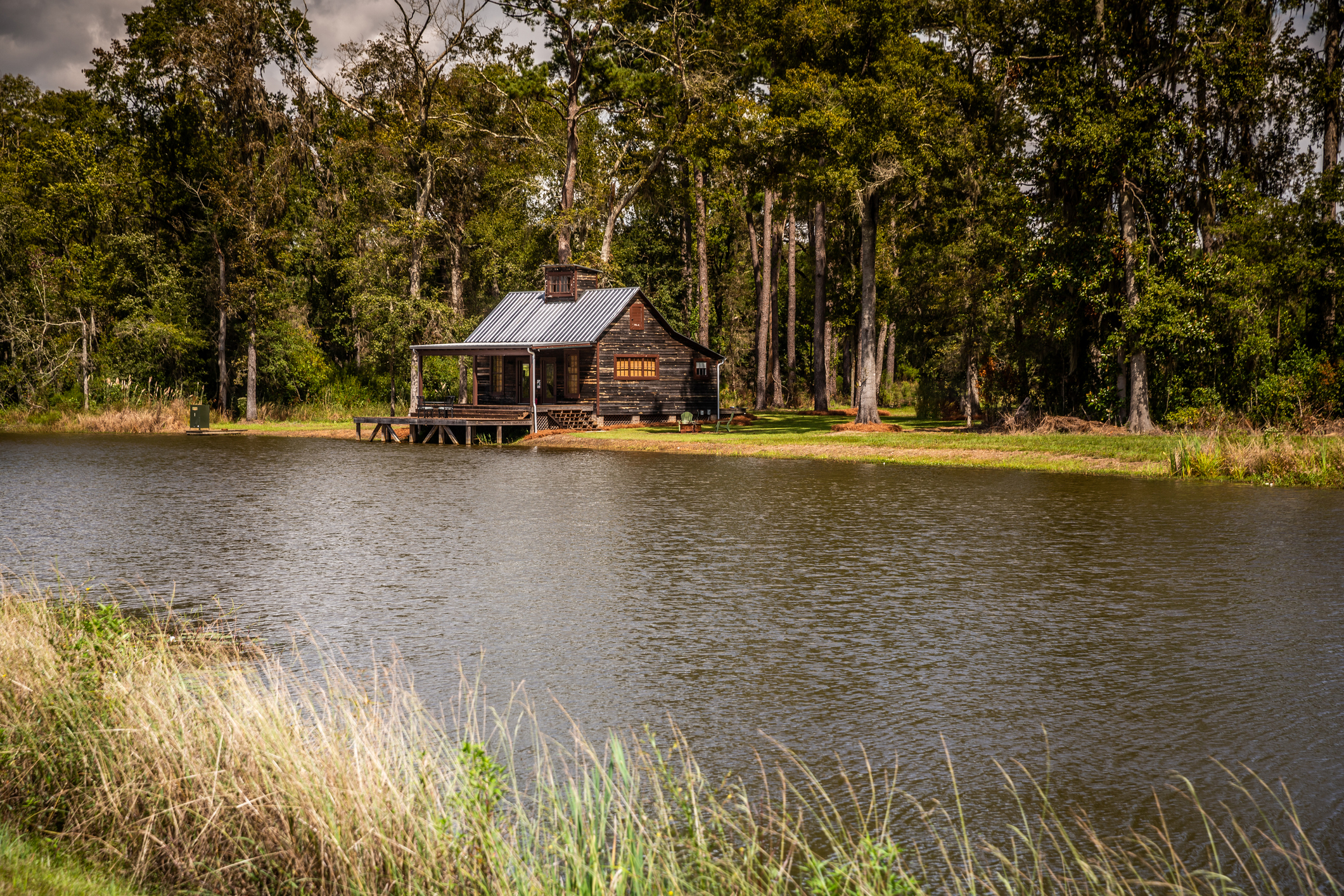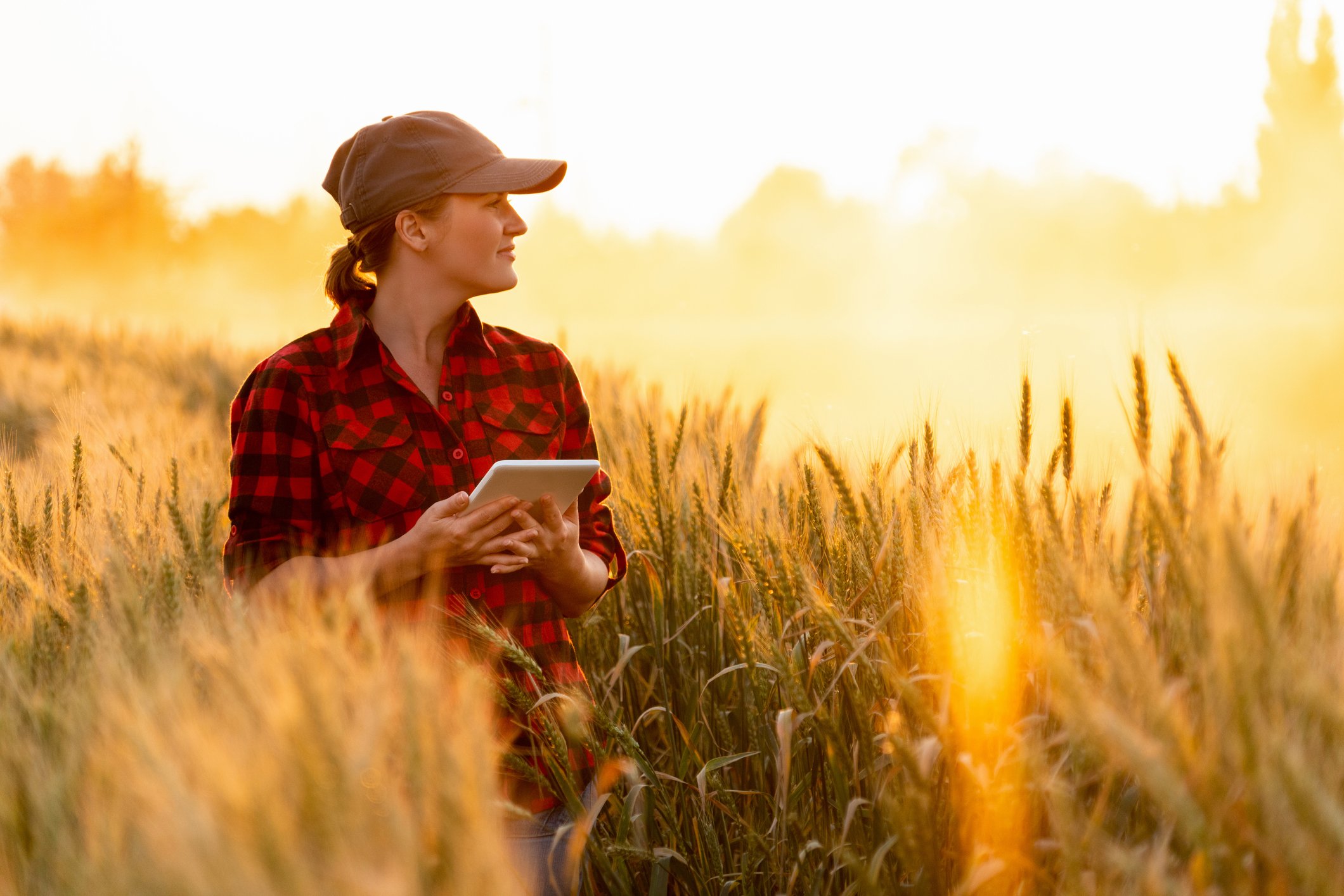If you've been looking for land for sale in Florida, you probably have a lot of questions. Experts offer tips about buying land in Florida.
With its beautiful flat properties, sunny climate, scenic beaches, picturesque wetlands and hardy pine forests, Florida is an ideal place to buy rural land. It's also become a popular "pandemic relocation state", which means competition for rural land in convenient locations can be steep.
That said, excellent properties are out there for those with the patience and knowledge about what it takes to buy land in Florida.
In this article, we interview several Florida land-buying experts to answer your top questions about how to buy land in Florida.
Top Questions to Ask About Buying Land in Florida
There is a lot to consider when buying your slice of the sunshine state, like:
- What’s the average cost per acre in Florida?
- How does financing rural land work?
- What types of tax breaks are available for what types of land?
- What other ‘hidden fees’ should be considered before purchase?
- And much more.
What does rural land in Florida typically cost?
Like traditional home prices, land prices can vary widely based on many factors including: land location, property features, access, special amenities, level of development, natural resources and more.
John Weidenhaft, senior manager of real estate at Raydient Places + Properties, Rethink:Rural’s parent company says a number of factors were considered when setting pricing on Raydient’s Nassau County, Florida, properties:
- Prices our company’s properties have sold for and what we currently have on the market.
- Information from the property appraiser's website on comparable sales.
- Amelia Island/Nassau County MLS; both closed sales and competing properties.
- Listings by other brokers.
- “For Sale by Owner” properties on the market.
While your Realtor or land agent will be your best source of information, you can get a general feel for rural Florida farmland prices from USDA’s free report: “Land Values Summary”, which provides data on the average cost of farmland by category and state, including: farm real estate, cropland, pastureland and farmland and buildings.
Though it doesn’t provide a price-by-county, it will give an overall picture of average rural farmland prices in the state of Florida.
Source: The USDA Land Values Summary August 2021
How long does it take to purchase land in Florida?
Per licensed broker Anne Barnett, President of Southern Property Services, Inc. in Gainesville, Florida, purchase time can vary widely based on specific requirements of your contract.
To give an idea of average closing time, Barnett offered these four scenarios:
Scenario 1: The cash sale
“If the purchase is a cash sale, closing can take place within 30 days or less.”
Scenario 2: The amount of due diligence required by buyers
“Some buyers require longer periods of due diligence ― 30 to 60 days ― during which time they investigate the property to be sure it meets their needs, and that impacts closing time.”
Scenario 3: Financing land
“Financing can significantly impact the length of time it takes to close. At times, it appears to us that the lenders do not recognize contractual time frames. If the buyer plans to obtain financing, we plan on closing two months from the Effective Date of the contract. If a lender is financing a ‘land/home’ package in which they will be financing the land and a mobile home, it could take at least 3 months.”
Scenario 4: Title issues or probate
“These can cause significant problems with adhering to a closing date. For example, we have two properties under contract right now that have been going through probate for six months.”
No matter how you plan to pay for the property, once you make an offer there are several steps required before closing:
- Title policy: A title policy is a one-time expense that will ensure you are protected if someone else tries to claim they own the land after you purchase it. The title company will research, for example, whether there are any liens on the property and confirm that the seller truly owns it.
- Survey: A boundary survey, which must be performed by a registered land surveyor, will confirm the acreage of the land, confirm where the property boundaries are and determine whether there are any encroachments on the property.
- Note: There are instances when a survey is not needed, for instance, if there is a current survey available. Rethink:Rural’s parent company. Raydient Places + Properties, secures a survey and clean title before it lists its Rural Places.
- Note: There are instances when a survey is not needed, for instance, if there is a current survey available. Rethink:Rural’s parent company. Raydient Places + Properties, secures a survey and clean title before it lists its Rural Places.
- Appraisal: An appraisal, required by lenders, will determine the value of the property to ensure the purchase price is appropriate. For smaller loans (less than $250,000), your lender may use an in-house appraiser to determine the value. Federal law requires that you use a state-certified appraiser for purchases above $250,000.
- Possibly a timber inventory: If you’re buying timberland, a timber inventory will determine how much timber is on the property and give you an estimated value.
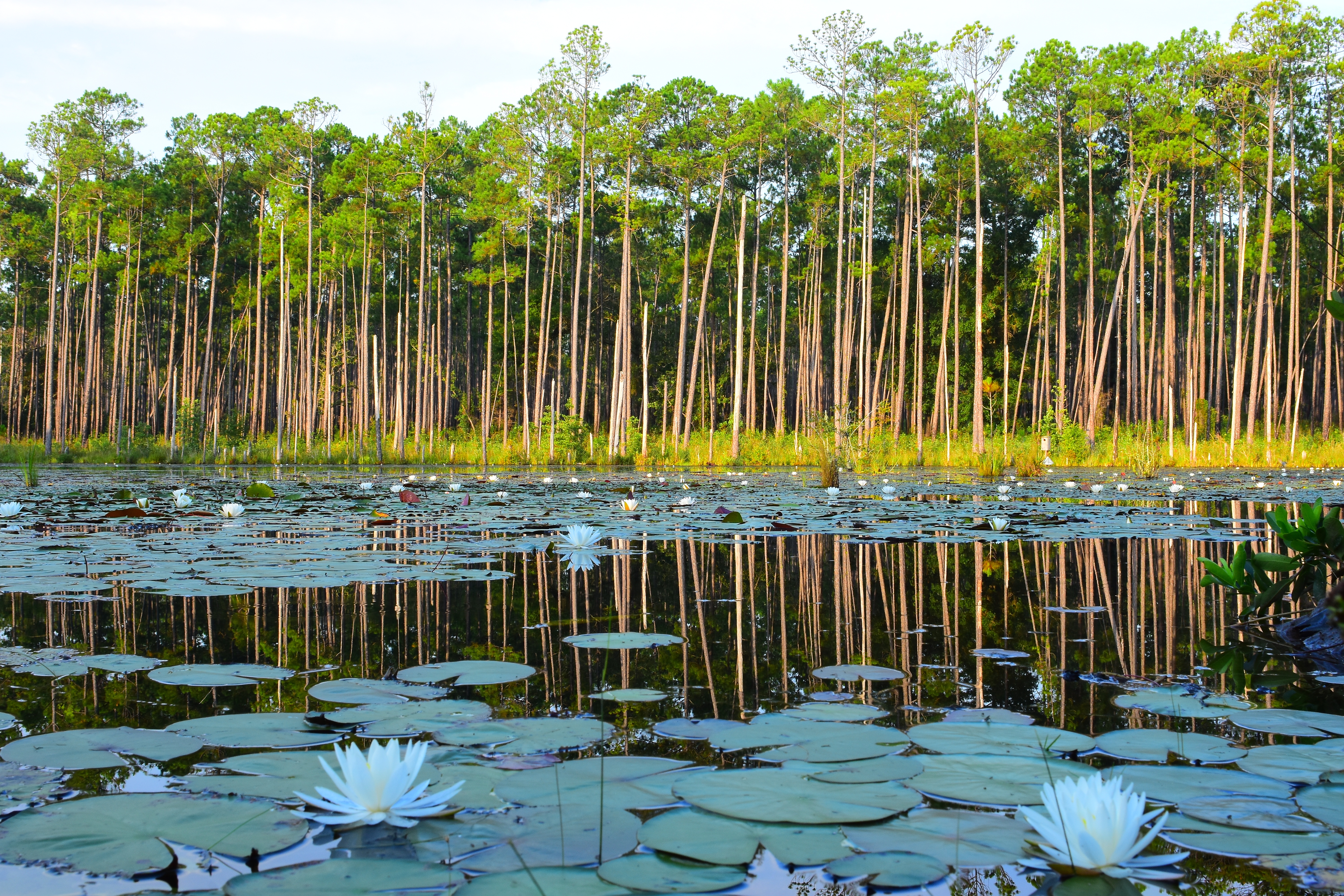
How do I get utilities and drinking water on a remote rural property in Florida?
Unless you want your land to remain an ultra-primitive retreat, you will need electricity and clean water.
Let’s start with electricity.
The first step is to find out who the provider is for your area. To do this, you can ask your agent, the seller or look for the name of the electrical company on the nearest pole.
Once you know which company you’ll be using, contact them for an estimate.
The company will charge a per-foot rate to bring power from the nearest source to your property, which may affect where you choose to build your home.
Depending upon your land and home location, you may also need easements from neighbors to access their electrical pole.
The cost to install electricity varies widely from one company and location to another. By investigating costs ahead of time, you will be prepared and avoid any expensive surprises.
For most rural Florida properties, you’ll be required to dig a well for drinking water. The cost to do this will vary from county to county, but typically Florida wells don’t require deep digging.
For example, local Bradford County Florida contractors quoted us a range from $1,000 for a shallow well (50-100 feet), to as much as $7,000 for a deep well with higher quality water (100 feet and up).
Different counties may or may not require water testing for contaminants, minerals, etc.
However, the Centers for Disease Control recommend having your well water tested for coliform bacteria, nitrates and other local contaminants at least annually.
And you may wish to order more extensive testing for heavy metals, pesticides, etc. before first use.
To learn more about well water testing, check out our previous article: The Benefits of Well Water. For more information about well installation in general, see: What Land Owners Need to Know About Well Installation.
How do I finance a land purchase in Florida?
 There are many misconceptions about what’s involved in financing raw land.
There are many misconceptions about what’s involved in financing raw land.
For example, while purchasing raw land is different from purchasing a home, you don’t have to pay cash. Land financing is absolutely possible, and if you combine a land/home loan you may not have to put much money down.
The key is to find the right loan institution that specializes in land loans, and that’s usually not your neighborhood bank.
Per land agent Brandi Volz of Thomas R. Rhodan Agency in Macclenny, FL, “Lenders see land as a higher risk, because in their eyes you can easily walk away from raw land, whereas when a home is present on that land you’re more likely to make good on your mortgage because you have more to lose.”
Instead, most land buyers turn to small banks and farm credit institutions for land loans or land/construction (aka land/home) loans.
These institutions can walk you through the loan approval process, recommend what insurance to purchase, explain property tax discounts you may be eligible for and more.
Volz says most of her non-cash buyers seeking land tracts of less than 10 acres finance through Community State Bank or Farmers Federal Credit Union, and those seeking more than 10 acres typically turn to Farm Credit of Florida, a cooperative owned and operated by farmers and rural landowners throughout Florida.
Plus, lenders like Farm Credit will finance unique structures like barndominiums, modular homes or kit homes.
There are many ways to finance a land purchase, some less risky than others. Learn more in our articles about the pros and cons of eight different land finance methods.
How does a land loan differ from a home mortgage in Florida?
To answer this question, we turned to Senior Loan Officer Laurie Deems of Farm Credit of Florida.
Deems says the main differences between a land loan and a home loan are:
- Land loans are riskier for the lender, therefore bigger down payments of typically between 20-25% are required.
- The underwriting and approval process for a land loan is much simpler than a home loan.
“Typically you’ll be providing a lot more documentation on a home loan than a land loan, so for a land loan you’ll get a decision quicker and you’ll get to closing quicker,” Deems explains. “Don’t be discouraged just because many lenders don’t offer land loans, because the truth is, they’re simpler to finance than a home loan.”
Farm Credit offers a variety of different loans with different terms for rural land, depending upon the intended use of the land.
“For example, if you plan to use your land for any type of agriculture ― from raising cattle to keeping a few backyard chickens, and it doesn’t have to be income-producing agriculture ― then you could qualify for an agricultural loan,” Deems says.
“The differentiating point for us is, if it’s a homesite-only, you can get a loan for 20% down for 10 years, but if it’s an agricultural property then we can give you up to 20 years.
“Either way, for 10 years or less we’d require 20% down, for anywhere over 10 years we’d require 25% down―and that can vary a bit based on your credit. So, there’s no real difference in the rates, but with an agricultural loan you can get a longer term.”
Farm Credit also offers land/home or land/construction loans, where the buyer combines the land purchase with a construction loan to build a home.
Unlike a land-only loan, land/construction loans may only require 5% down.
“In this scenario, you would get what’s called an as-will-be-appraisal, where the appraiser looks at your land and construction costs and finds comparable sales based on other homes in the area,” Deems says. “Then they communicate that final number to the lender, who determines the rate and terms of your loan.”
Plus, with a construction loan you’re only required to pay interest on the withdrawals of that loan until the home is completed.
All this can make a land/home loan a realistic option for creating the homestead of your dreams.
There are other financial benefits to borrowing through Farm Credit, says Deems: “Anyone who borrows through Farm Credit is considered an owner of the cooperative. As part of their ownership, they are required to purchase stock in the company that will be returned to them after they pay off the loan.
“Farm Credit does something no other lender does: we share our profits with our borrowers. Because we are a cooperative, we operate for the benefit of our customers. For years we have reduced the cost of borrowing through our Patronage Refund Program (return of profits to members.)
“In profitable years, we pay patronage refunds to borrowers based upon the amount of interest they paid. Patronage refunds over the last 4 years have effectively reduced borrowers’ interest rates by as much as 1.5%.”
And since Farm Credit is a nonprofit, their customers are exempt from paying the State Mortgage Documentary Stamps and County Intangible Tax, says Deems: “Those together cost $5.50 per $1000 borrowed, so on a $100,000 loan you save $550.00.”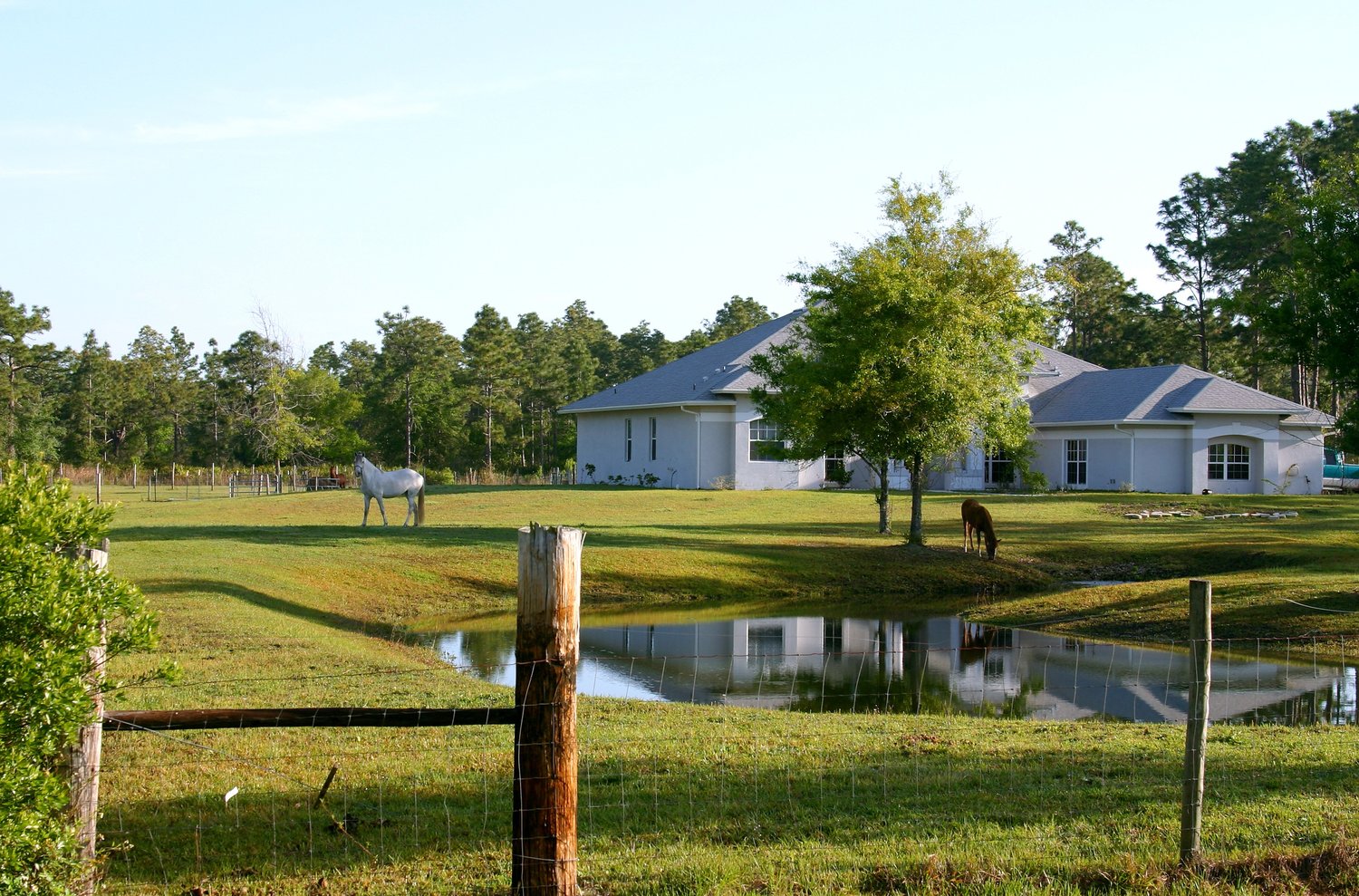
What are the closing costs for a land purchase in Florida?
Once you choose your lender, your financial officer can discuss closing costs with you. The following are examples of typical closing costs to expect:
- If you are not a cash buyer, expect to pay 20-25% percent of the full purchase price as down payment.
- Additional closing costs from the lender, which vary lender by lender. (The exact percentage will be based on how large the transaction is and how complicated the process is).
- The cost of a title policy, which is determined by the state and purchase price of the land. You may be able to negotiate to have the seller pay this fee.
- The cost of a survey ― many properties already have an existing survey, but if not, the buyer typically pays for this.
- The cost of the appraisal.
- Recording fees for documents, which vary from county to county.
What types of property tax exemptions are available for rural landowners in Florida?
Florida landowners may qualify for either an agricultural, homestead, timber or wildlife exemption, which could reduce annual property taxes by thousands of dollars.
Per Barnett, many buyers planning to use land for agriculture take advantage of Florida’s Agriculture Classification. Here’s how it works:
Property can be taxed on the Just (or Market Value) or on the Assessed Value. The Assessed Value takes into consideration certain property characteristics that may create a deduction(s) from the Market Value.
“If there are no deductions, the property will be taxed on the Market Value,” Barnett explains. “But if the property does have an agricultural use, the assessed [or taxable] value may be much lower.
“It is important to note that even if a property has an Agriculture Classification at the time of the sale, the buyer will need to contact the Property Appraiser's Office and apply for the classification” as long as he plans to continue the use or some other agriculturally-oriented use.
While this article can offer general guidelines, your best resource is to research the specific county appraisal district that land is in, as each county is a little different. This website has links to all of Florida’s County Property Appraisers, which will give you the contact information, forms and general information about property taxes and how to apply for property tax exemptions in that county.
How do I qualify for a property tax exemption in Florida?
Land used for agricultural purposes, such as pasture or grazing land, timberland and land used to protect and preserve wildlife may qualify, but there is fine print for each exemption stipulating exactly how the land should be used.
- You can learn more at the Florida Department of Revenue’s Property Tax Oversight page, which has property tax exemption forms for agricultural, conservation and other property tax exemptions.
- To learn more about Florida property tax rules and laws, see Chapter 12D-13 of the Florida Administrative Register’s Tax Collector’s Rules and Regulations. There are downloadable Word documents outlining each rule.
- For a wildlife tax incentive, the Florida Fish and Wildlife Conservation Commission has more information at this link.
- For homestead exemptions, which may be available to Florida residents using the land as their primary home, click here.
Once you determine that you meet the stipulations for an exemption, submit your application(s) and forms to your local property appraiser. The appraiser will apply exemptions, assessment limitations and classifications that may reduce your property's taxable value.
You can find a list of appraisers by county here.
How much money can Floridians save with land exemptions?
Barnett says exemptions can provide a large savings for the landowner, “For instance, a property that is considered a timber tract in Alachua County is assessed at $34,100. The Just Value is $378,500. The taxes will be based on the ‘assessed’ value.”
Special note for new land owners: regardless of tax exemptions, property taxes are not escrowed in a land loan like they are in a typical home loan, so be prepared to pay a lump sum at the end of the year.
Are there any other financial incentives for rural land buyers in Florida?
There are many financial rewards for investing in Florida land due to its strong and diverse economy.
“One of the largest industries in the state is agriculture, which has kept prices for agricultural land fairly strong,” Barnett says. “Additionally, because of Florida’s steady increase in population and attractive land prices, development is also considered a good investment ― though it can be risky.
“Florida’s strong zoning laws can make bringing development to fruition a fairly stringent process ― although it can be well worth doing.
“Finally, because Florida is a recreationally-oriented state, land values along the coast and lakes has continued to remain strong.”
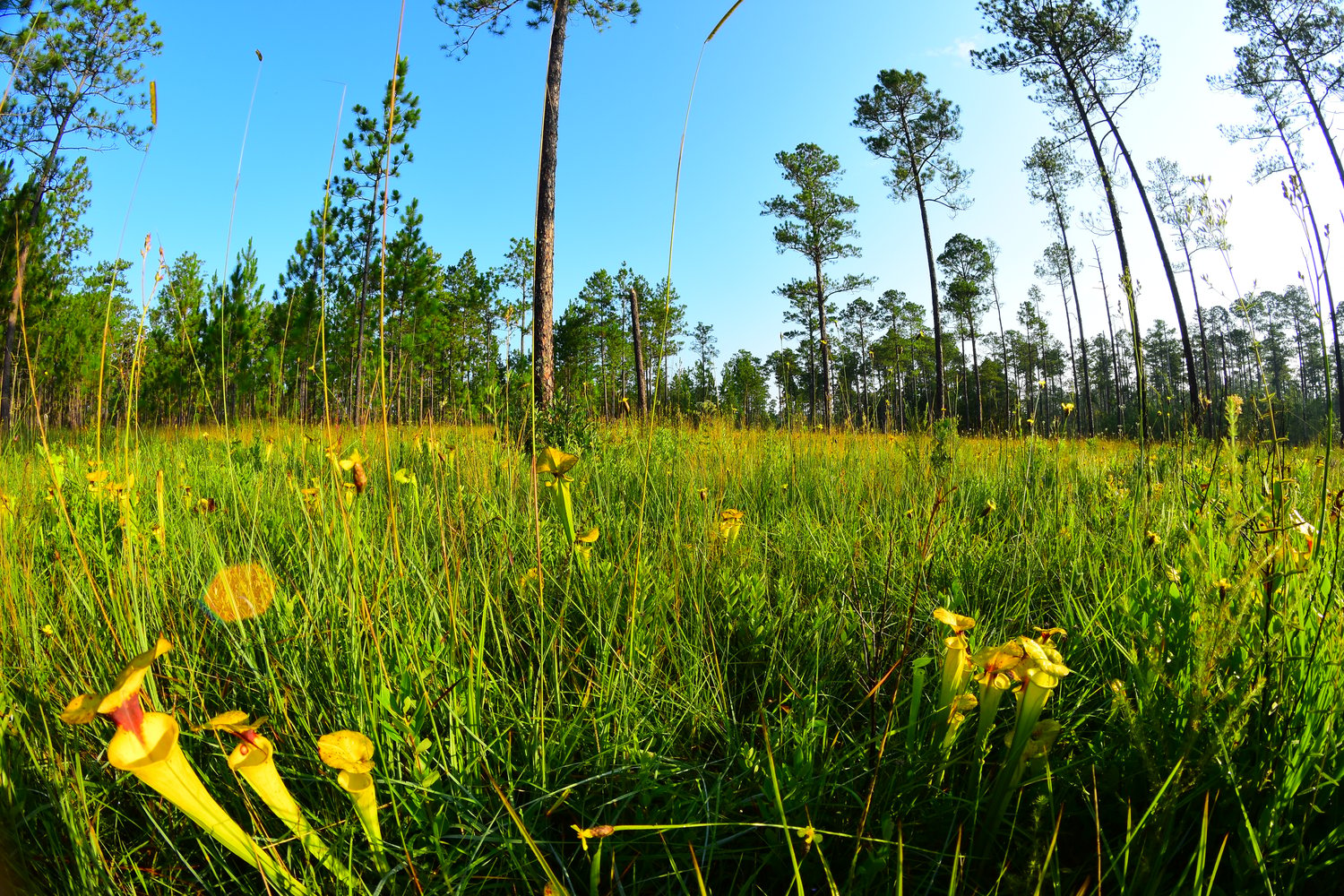
What insurance am I required to have on raw land in Florida?
No insurance is required by lenders if there’s no structure on the land―but some buyers choose to get liability insurance, especially if they have a wooded property where hunters may trespass, Deems says.
Liability insurance can also come in handy if you have animals that may wander onto a neighbor’s property and cause damage.
And if you own timberland, you may wish to purchase insurance to protect you from natural disasters or fires. You can learn more in our interview with a Florida insurance agent who specializes in rural land and homesteads.
Ready to look for Florida land?
The prospect of buying rural land in Florida for recreation or a homesite may seem overwhelming at first. But, with the information you’ve learned in this article, you now have the framework and insider-information you need to get the land buying process started on the right foot. Be sure to check out the rest of Rethink:Rural’s Florida articles here.
To view Florida land for sale, check out our parent company’s rural land tracts for sale in North Florida at: raydientplaces.com.
Editor's Note: This post was originally published in 2019 and was updated and republished in 2022.


